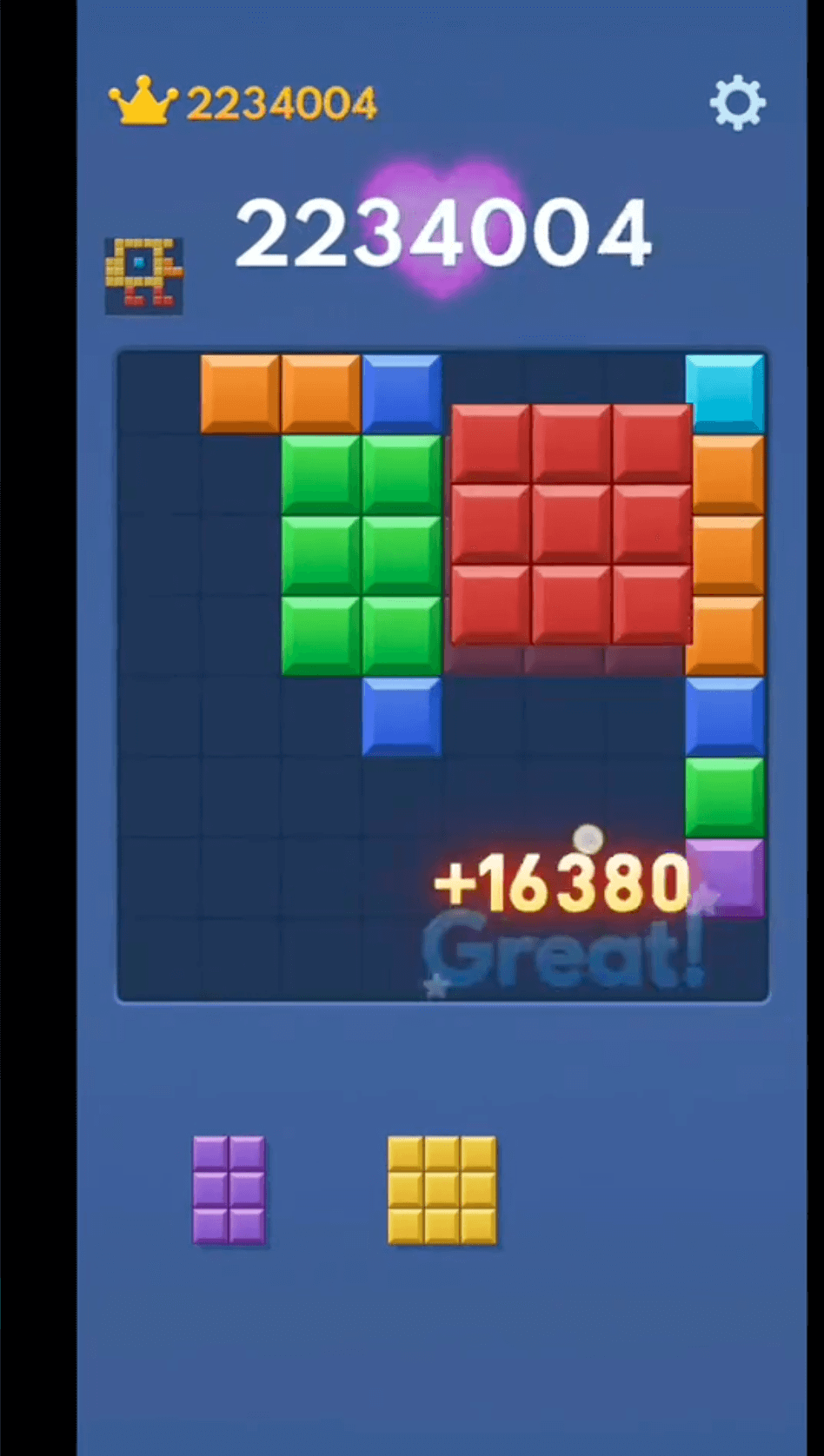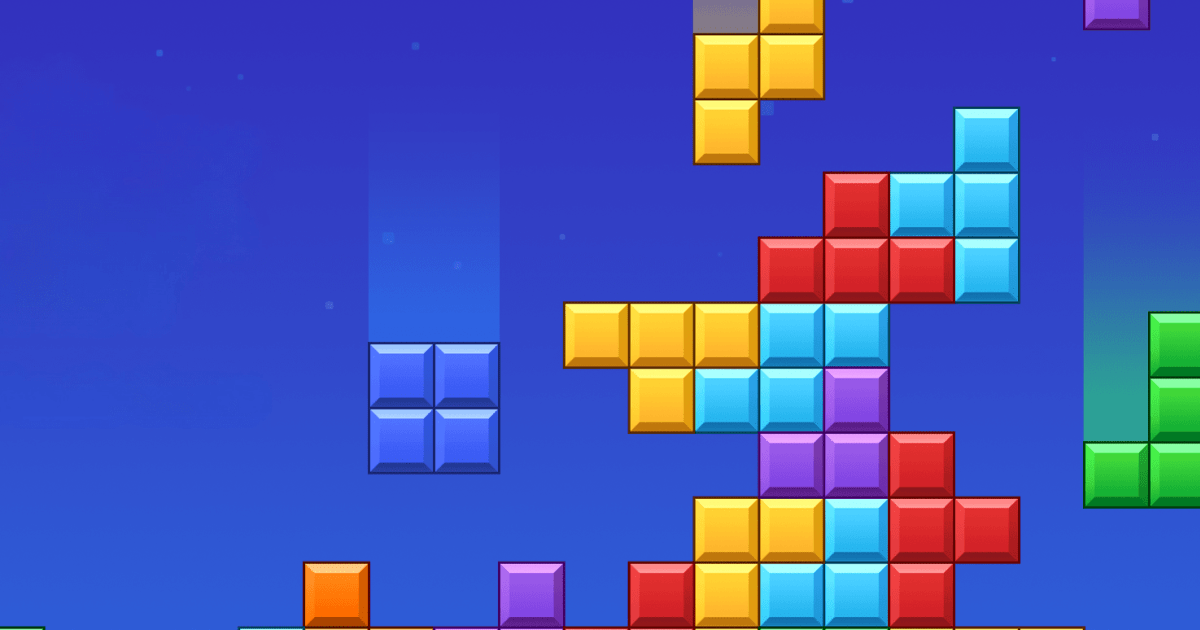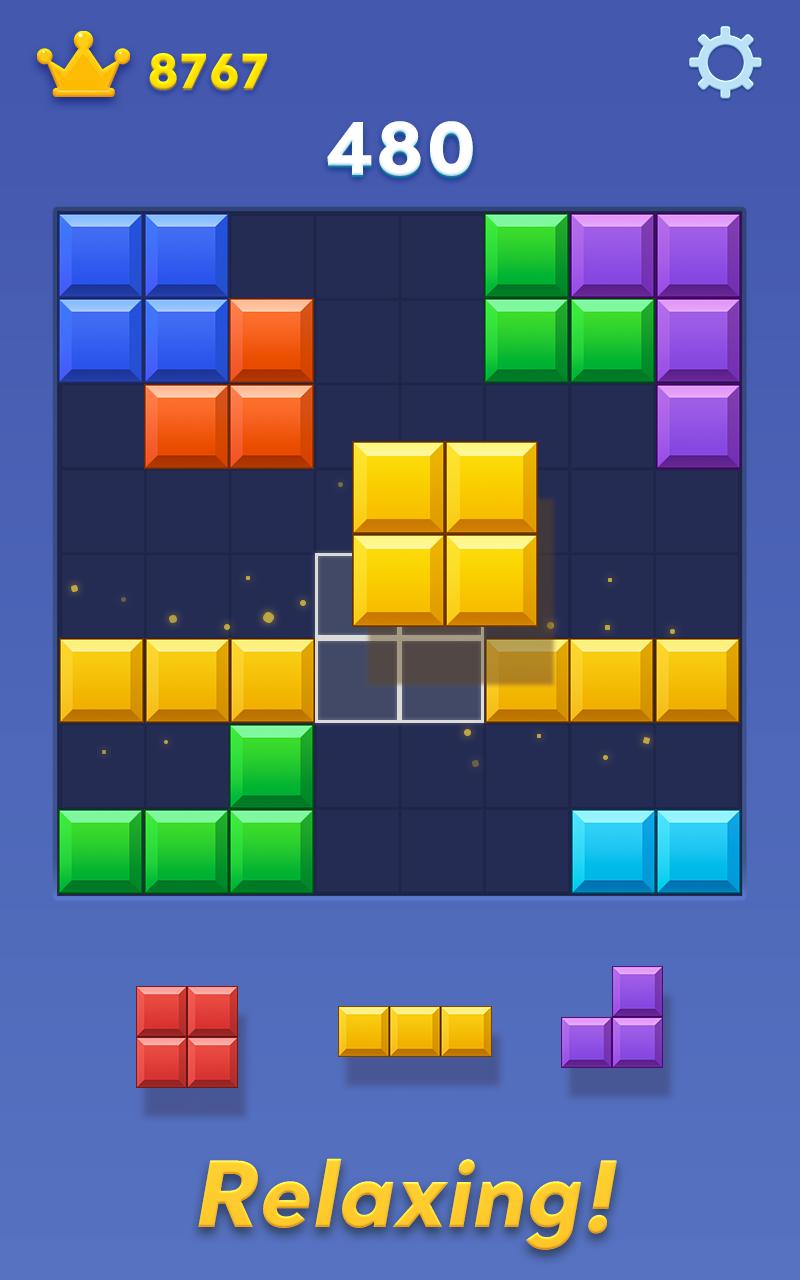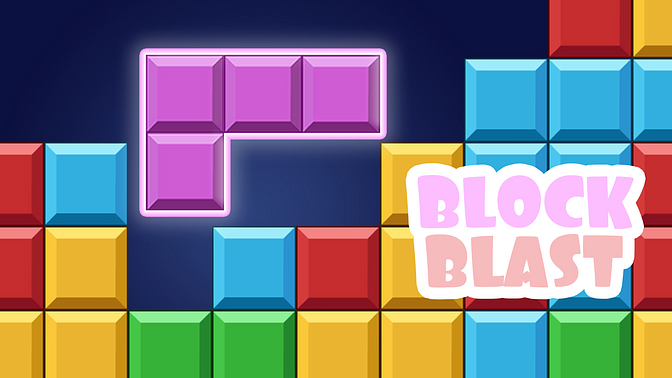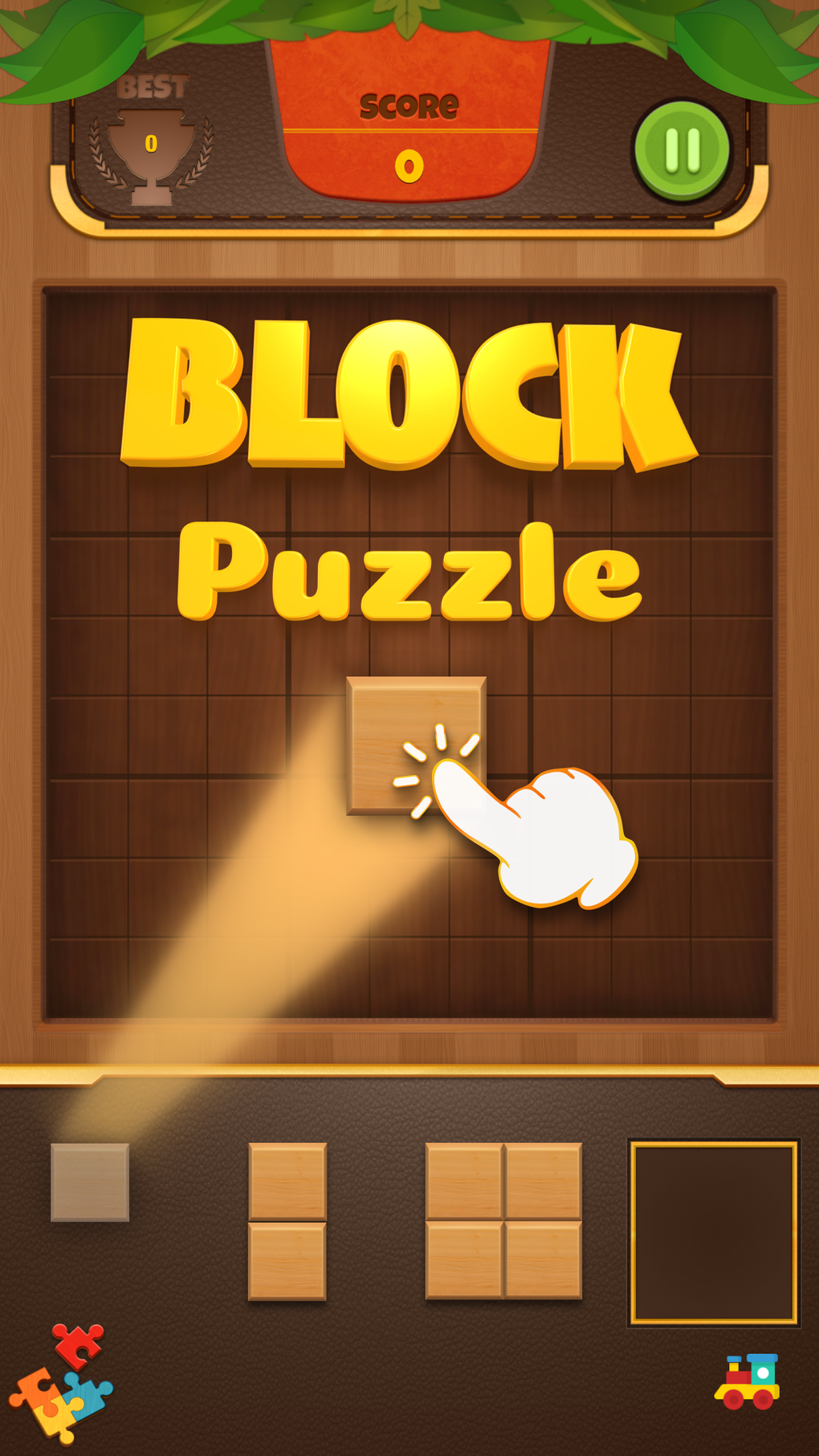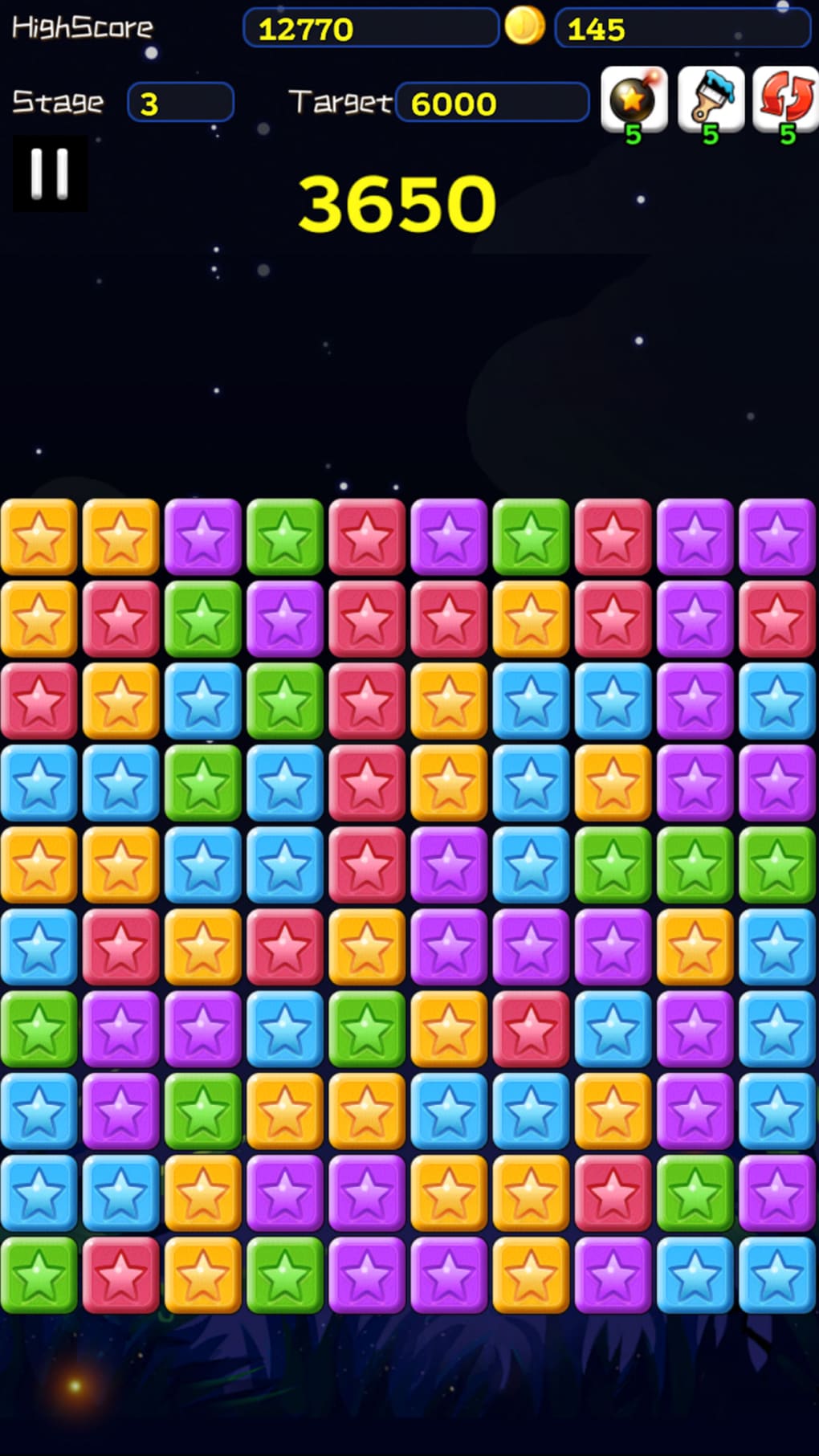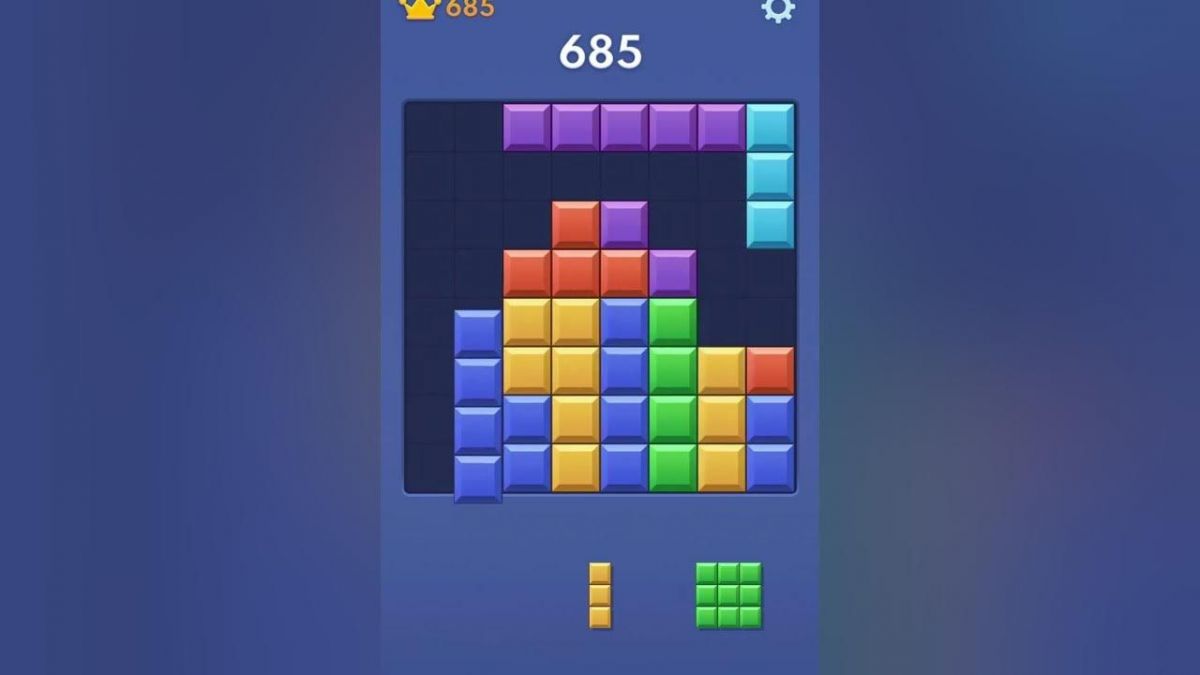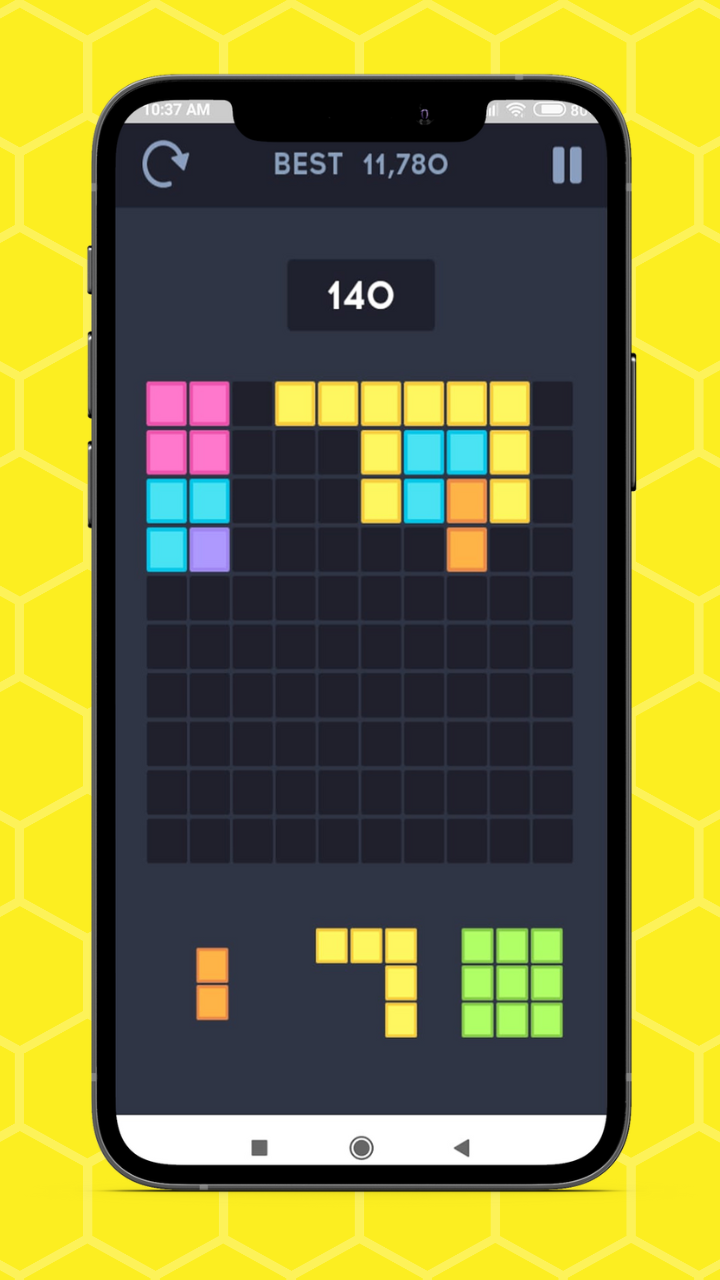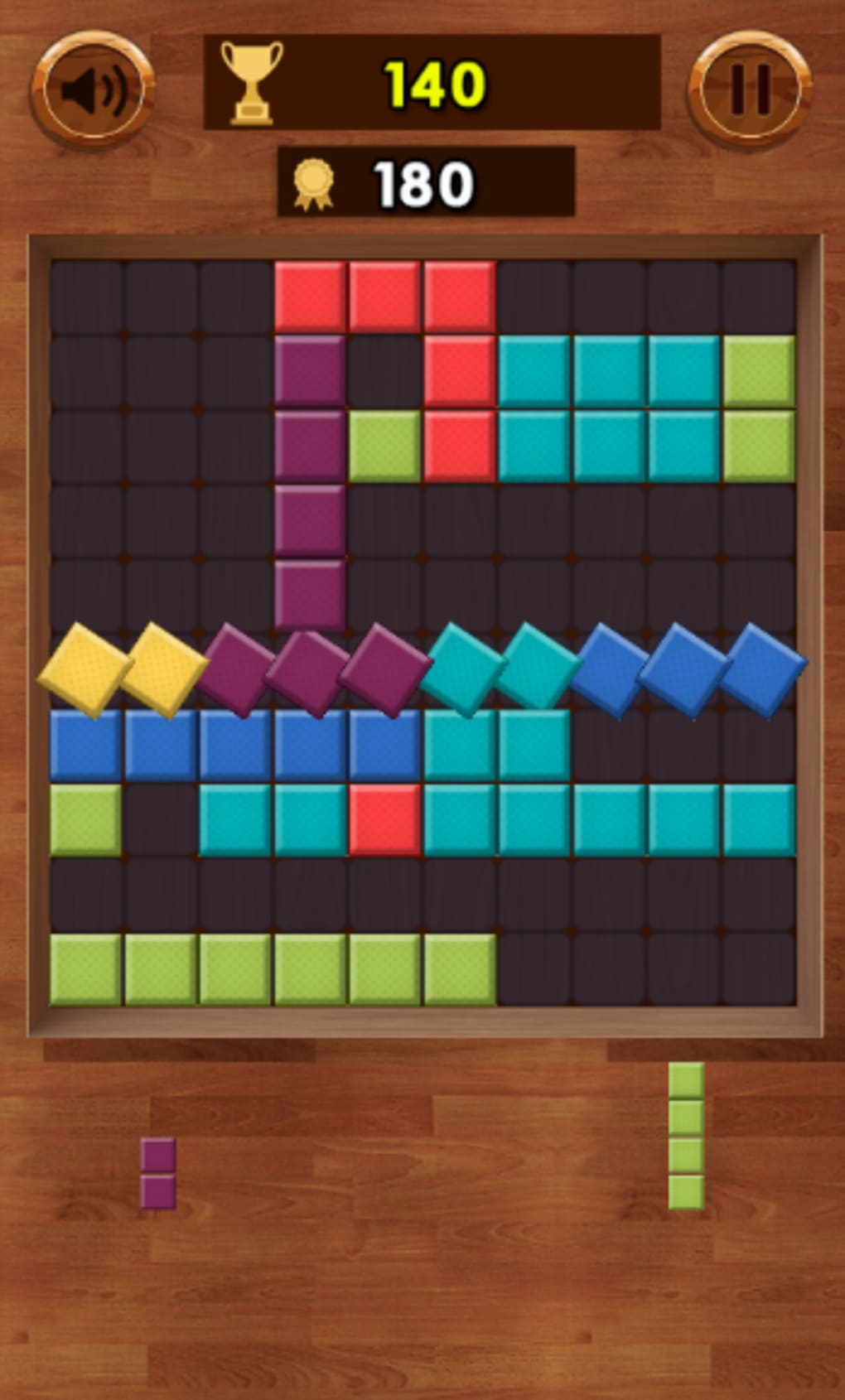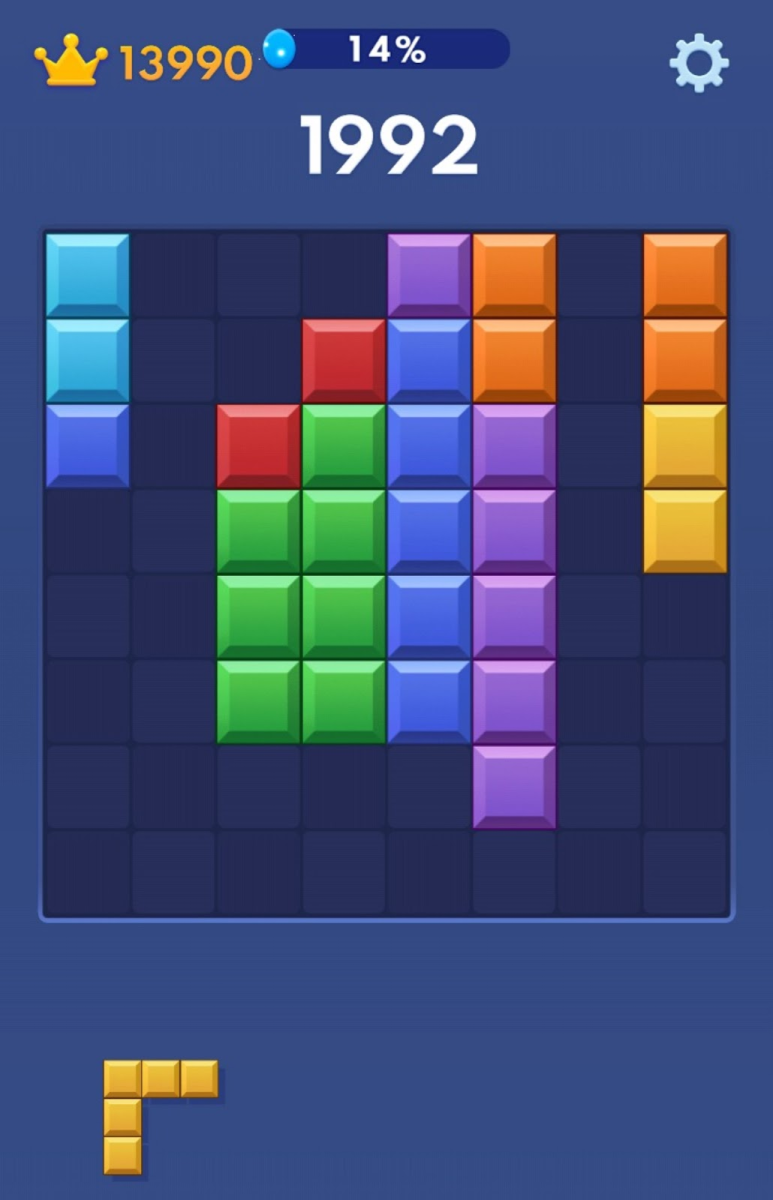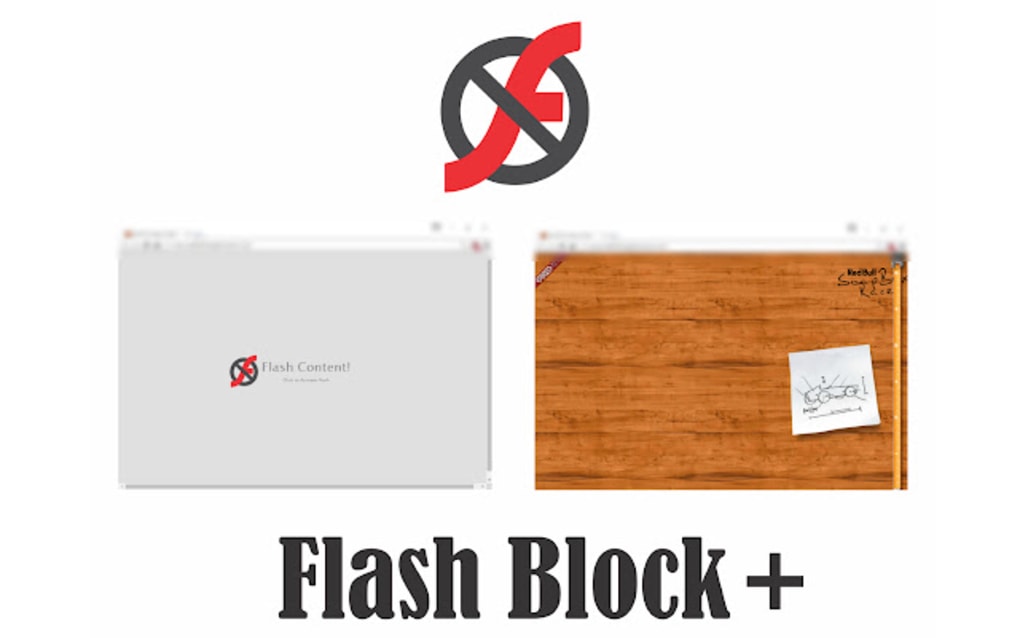Why Is Block Blast 17 Plus

The seemingly simple puzzle game, Block Blast, has recently garnered attention not for its gameplay, but for its surprising 17+ age rating on the Apple App Store. This unexpected classification has left parents, players, and industry observers questioning the reasoning behind the decision.
The core question is: why does a game seemingly devoid of mature content carry such a restrictive age label? The answer lies not within the game itself, but within the potentially problematic advertising practices often associated with free-to-play mobile games.
The Nuances of Age Ratings
Age ratings are designed to inform consumers about the appropriateness of content for different age groups. They are determined by rating boards like the Entertainment Software Rating Board (ESRB) in North America or the Pan European Game Information (PEGI) in Europe.
However, in the mobile app ecosystem, stores like the Apple App Store and Google Play Store also play a role. These stores often rely on developers' self-reporting, but also use algorithms and human review to assign ratings.
The discrepancies can arise because rating boards primarily assess the game's core content, while app stores also consider factors such as advertising content and data privacy practices.
Unpacking the Block Blast Rating
Block Blast itself features simple block-matching gameplay, visually appealing graphics, and relaxing sound effects. The game involves strategically placing Tetris-like blocks onto a grid to clear lines and earn points.
There's no blood, violence, or overtly suggestive content within the gameplay itself. So, the 17+ rating isn't connected to the gameplay.
The key issue appears to be the advertising strategy employed by the game's developers. Many free-to-play mobile games rely on advertising revenue, and some utilize aggressive or potentially inappropriate ads to generate income.
Problematic Advertising Practices
Reports suggest Block Blast has been associated with advertisements that could be deemed misleading or inappropriate for younger audiences. These ads often promote other apps or games with content that is sexually suggestive, violent, or promotes gambling.
These ads are often disguised as part of the gameplay experience. They use deceptive tactics, making it difficult for children to distinguish between the game itself and the advertisement.
Furthermore, concerns exist regarding the potential for data collection and privacy violations associated with the ads served through the game. Some advertising networks collect user data for targeted advertising, raising privacy concerns, especially for younger users.
Impact and Implications
The 17+ rating on Block Blast serves as a warning sign about the complexities of the mobile app ecosystem. It highlights the need for greater transparency and stricter enforcement of advertising standards within free-to-play games.
Parents need to be vigilant about the games their children download and play. Relying solely on age ratings may not be sufficient, as the advertising content can often be more problematic than the game itself.
Developers have a responsibility to ensure that their games adhere to ethical advertising practices. They should be transparent about the types of ads they display and take steps to protect users, particularly children, from inappropriate content.
Industry Response and Future Outlook
The Apple App Store and Google Play Store are facing increased scrutiny regarding their app review processes. Calls for more rigorous enforcement of advertising policies and stricter penalties for developers who violate those policies are growing.
Several industry organizations are working to develop better guidelines and standards for responsible advertising in mobile games. These efforts aim to create a safer and more transparent experience for users of all ages.
The case of Block Blast serves as a reminder that seemingly harmless games can have hidden risks. As the mobile gaming industry continues to evolve, ongoing vigilance and collaboration are essential to protect users from potentially harmful content.
Conclusion
The 17+ age rating for Block Blast isn't about the blocks themselves, but a reflection of potentially problematic advertising practices. It highlights the need for parents to be aware and for stricter app store regulation.
The situation underscores the importance of critical evaluation beyond the initial app description and rating. It is crucial for informed decision-making in the digital age.
Ultimately, a safer and more transparent mobile gaming environment requires a collaborative effort from developers, platform providers, and parents alike.
